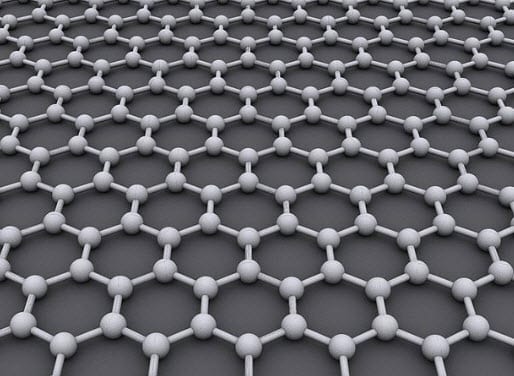
Solar energy may break efficiency barriers with help of graphene
March 9, 2013Efficiency continues to prove problematic for solar energy
For as long as solar energy has been a favored form of renewable power, it has been plagued with problems concerning efficiency. In its early years, solar energy was rarely used because solar panels were, quite simply, not efficient enough to justify their cost. Technological progress has made solar panels more capable through the development of more efficient solar cells. Now, solar energy is considered one of the most attractive forms of renewable power, but progress has not stopped, and solar cells may become much more efficient than they are today in the near future.
Graphene may be the key to efficiency
Researchers from the Institute of Photonic Sciences in Spain have taken to issue of solar energy efficiency to heart and have set their sights on developing more advanced solar cells. Researchers have focused their efforts on the use of graphene, a substance composed of pure carbon, with its atoms taking the form of hexagonal patterns. The material is only one-atom thick, but has significant implications when it comes to solar energy.
Graphene-based solar cells boast of 60% efficiency
Researchers have developed a graphene-based solar cell that they believe offers 60% efficiency, more than double the efficiency that can be had from traditional solar cells comprised of silicon. Graphene is capable of absorbing a very large spectrum of light and can covert this light to energy in a very efficient manner. Researchers believe that the material can be used to capture every possible wavelength of light, making its use in solar energy systems very attractive. There is a problem, however, that has kept the use of graphene out of the realm of solar energy.
Solar energy may become universally accepted with the help of graphene
The challenge now facing researchers involves finding a way to extract the electrical power out of graphene once light has been absorbed and converted into energy. If this challenge can be overcome, researchers expect that graphene will be used in next generation solar energy systems, which are likely to receive widespread acclaim for their efficiency. Improvements to efficiency may be able to make solar energy the most favored form of power in the world.



 HFN News is your leading source for fresh hydrogen and renewable energy updates. Amid the fast-paced growth of hydrogen companies, we provide top-notch news and insights about this exciting sector. Our coverage spans from hydrogen cars to global sustainable initiatives, and we highlight the latest in green jobs and developing hydrogen hubs. We invite you to share your local hydrogen news and explore today’s renewable energy job listings on our site. Thanks for choosing HFN News as your trusted guide to the hydrogen and renewable energy world!
HFN News is your leading source for fresh hydrogen and renewable energy updates. Amid the fast-paced growth of hydrogen companies, we provide top-notch news and insights about this exciting sector. Our coverage spans from hydrogen cars to global sustainable initiatives, and we highlight the latest in green jobs and developing hydrogen hubs. We invite you to share your local hydrogen news and explore today’s renewable energy job listings on our site. Thanks for choosing HFN News as your trusted guide to the hydrogen and renewable energy world!